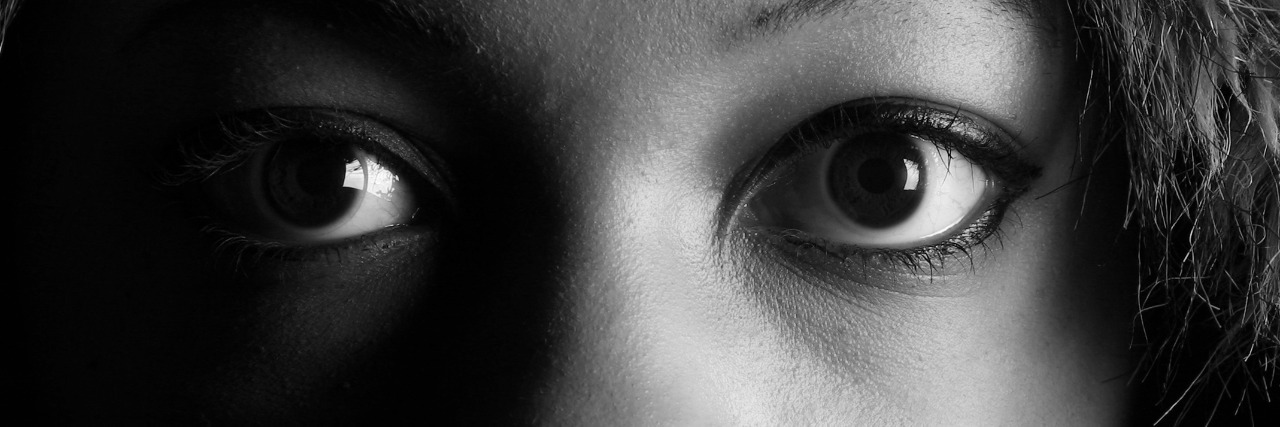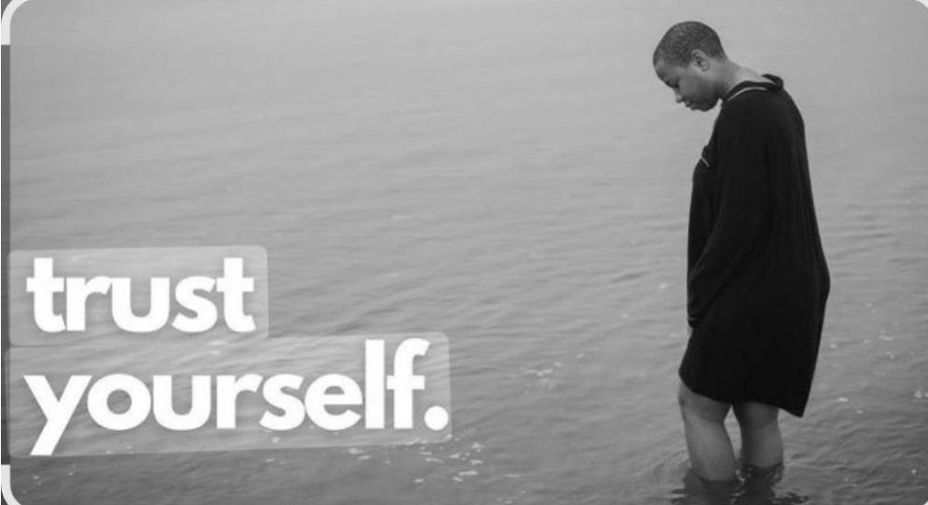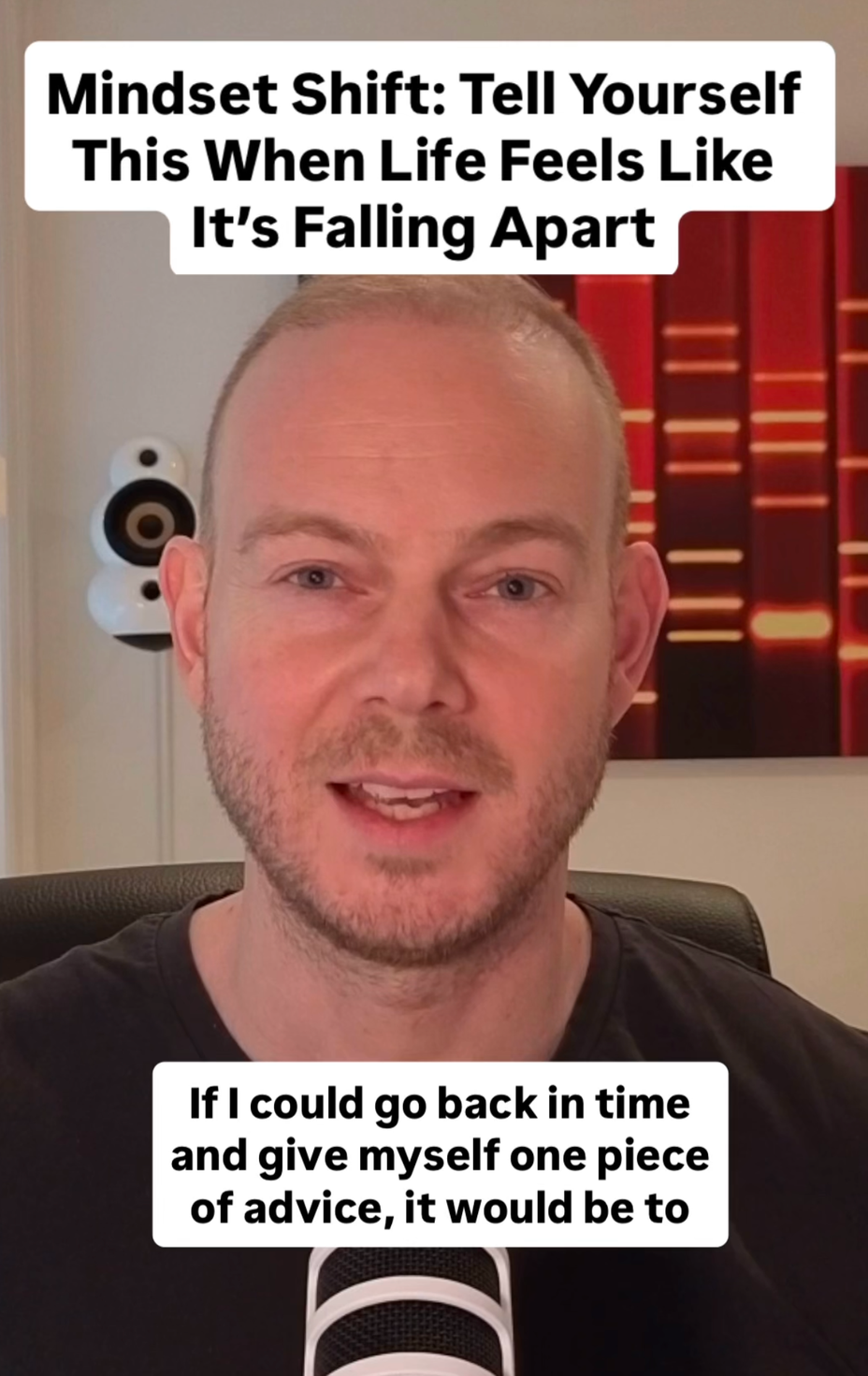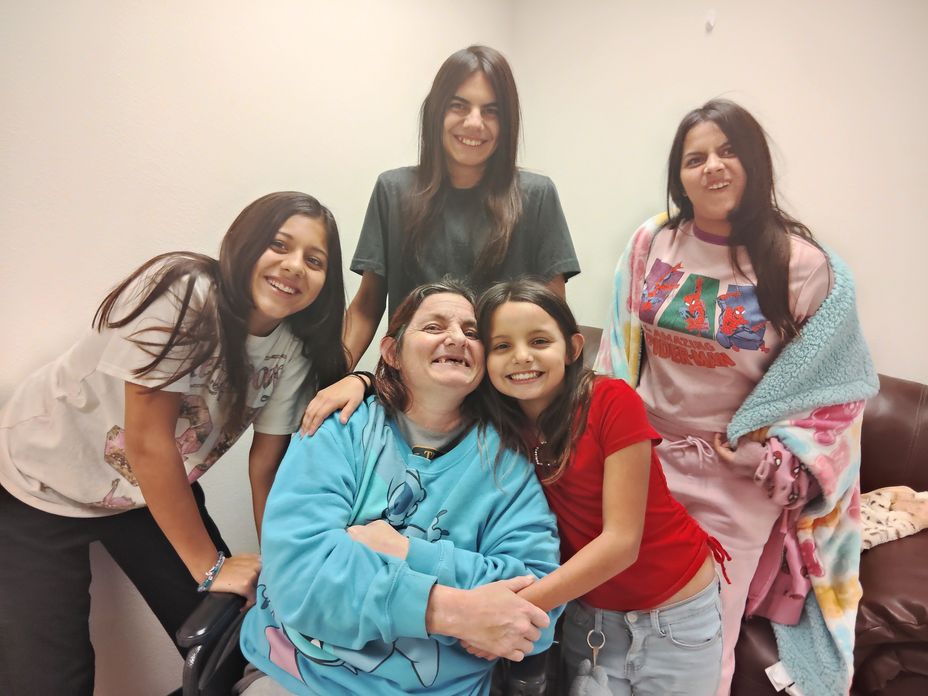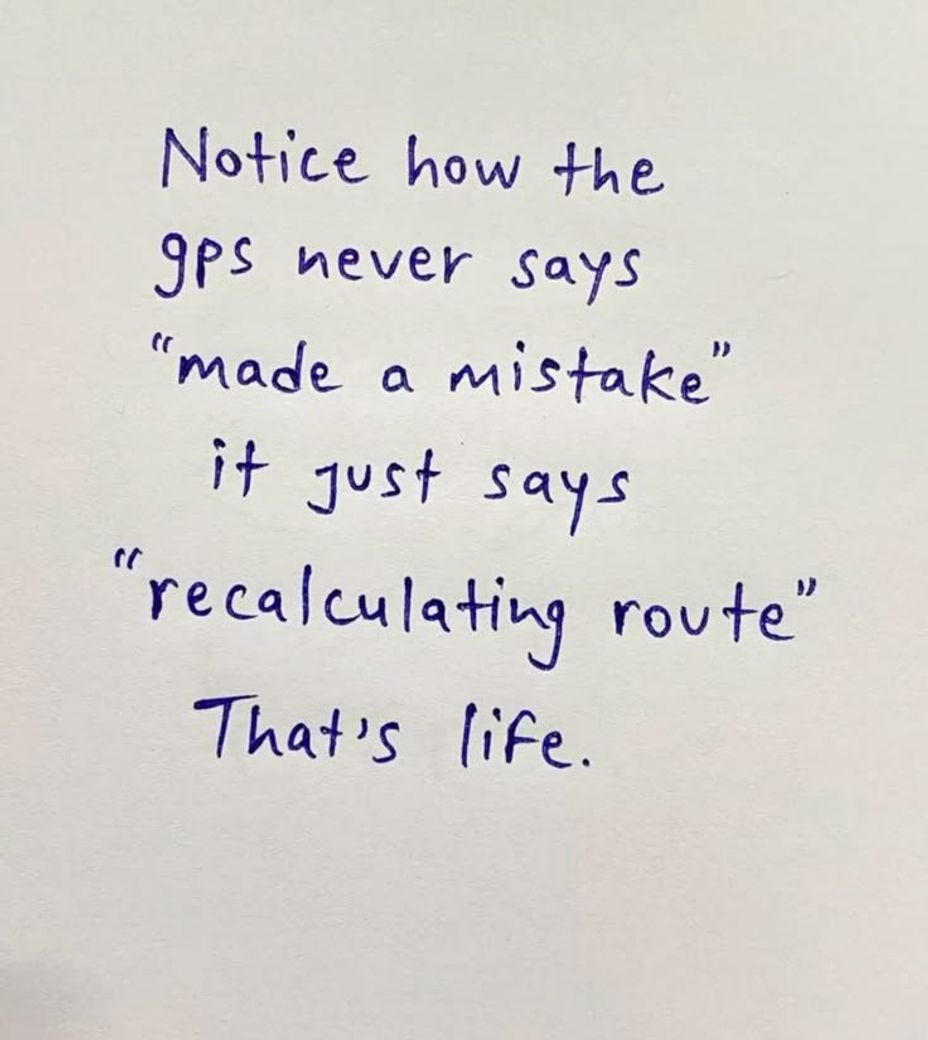Learning to Trust Myself Again By BigmommaJ Rebuilding Self-Trust After Trauma, Addiction, and Emotional Instability
Trusting other people can feel terrifying.
But trusting yourself after you’ve doubted your own thoughts, emotions, choices, or worth? That can feel almost impossible.
For many individuals living with trauma histories, addiction, or borderline personality disorder (BPD), the deepest rupture is internal. Somewhere along the way, we stopped believing ourselves.
When Self-Trust Breaks
Self-trust erodes slowly:
*When your feelings were dismissed.
*When you were told you were “too sensitive.”
*When trauma distorted your sense of safety.
*When addiction led you to act against your values.
*When intense emotions made you question your reality.
Individuals living with Borderline Personality Disorder often experience emotional dysregulation, identity disturbance, and fear of abandonment (American Psychiatric Association, 2022). Emotional states can feel absolute and overwhelming, which contributes to chronic self-doubt.
Over time, the internal narrative becomes:
“I can’t trust myself.”
Trauma Changes the Brain — Not Your Worth
Chronic trauma affects neurobiological functioning. Research shows:
*Increased amygdala activation (heightened threat perception).
*Reduced prefrontal cortex regulation under stress.
*Alterations in stress-response systems (HPA axis dysregulation).
These findings are well documented in trauma research (Shin et al., 2006; Teicher & Samson, 2016).
This is not weakness. It is adaptation.
The hopeful reality is neuroplasticity — the brain’s capacity to reorganize and form new neural pathways through repeated regulation and therapeutic intervention (Doidge, 2007).
Addiction and the Collapse of Self-Trust
Addiction compounds the rupture.
Substance use disorders are classified as chronic, relapsing medical conditions that alter reward circuitry, impulse control, and executive functioning (American Psychiatric Association, 2022). According to Centre for Addiction and Mental Health, addiction impacts the brain’s dopamine system and decision-making processes, making relapse a neurological vulnerability — not a moral failure.
Each broken promise can erode internal credibility.
Rebuilding self-trust requires starting small and creating consistent behavioral evidence of change.
What Rebuilding Self-Trust Actually Looks Like
1. Regulate Before You Decide
Emotional regulation is foundational. Dialectical Behaviour Therapy (DBT), developed by Marsha Linehan, emphasizes distress tolerance and emotion regulation skills as primary interventions for BPD (Linehan, 2015).
Regulation strategies may include:
*Diaphragmatic breathing
*Grounding exercises
*Sensory modulation
*Brief physical movement
Decisions made from regulation are more reliable than those made during emotional flooding.
2. Keep Micro-Promises
Behavioral consistency restores internal reliability.
Research in behavioral psychology supports the concept that repeated small successes increase self-efficacy (Bandura, 1997). When you keep small commitments, you accumulate evidence that you are dependable — especially to yourself.
3. Separate Feelings from Facts
Cognitive distortions — such as emotional reasoning and catastrophizing — are common in trauma and BPD presentations (Beck, 2011).
Feeling: “He hasn’t texted. I’m unlovable.”
Fact: “He hasn’t responded yet.”
Cognitive restructuring is a core component of evidence-based therapies including Cognitive Behavioral Therapy (CBT) and DBT (Beck, 2011).
4. Understand Shame’s Role
Shame significantly predicts relapse, depression severity, and self-harming behaviors (Tangney & Dearing, 2002).
The Canadian Mental Health Association highlights that stigma and internalized shame worsen recovery outcomes.
Self-compassion interventions have been shown to improve emotional resilience and decrease self-criticism (Neff, 2011).
Replacing “I’m crazy” with “I’m dysregulated” is not semantics — it is neurocognitive reframing.
Implications for Child Welfare and Clinical Practice
Attachment disruption in early childhood significantly affects emotional regulation capacity and identity formation (Bowlby, 1988; Teicher & Samson, 2016).
Within child welfare systems, individuals often internalize labels such as “non-compliant” or “resistant.” Trauma-informed care frameworks emphasize understanding behavior as adaptation rather than defiance (Substance Abuse and Mental Health Services Administration [SAMHSA], 2014).
Restoring autonomy and internal safety must be prioritized if we want sustainable recovery and relational stability.
A Personal Reflection
There was a time I did not trust my thoughts, my decisions, or my emotional reactions.
Recovery taught me something clinical — and deeply human:
Emotional intensity is not pathology by itself. Dysregulation without skills is.
Now, when I feel activated, I pause. I regulate. I gather data. I respond rather than react.
That pause is self-trust rebuilding in real time.
Conclusion
Trusting yourself again does not mean you will never struggle.
It means:
*You regulate before reacting.
*You keep small promises.
*You challenge distortions.
*You replace shame with informed language.
*Self-trust is not perfection.
It is repair.
And repair is evidence of growth.
BigmommaJ
#trustyourself #Selflove #MentalHealth




